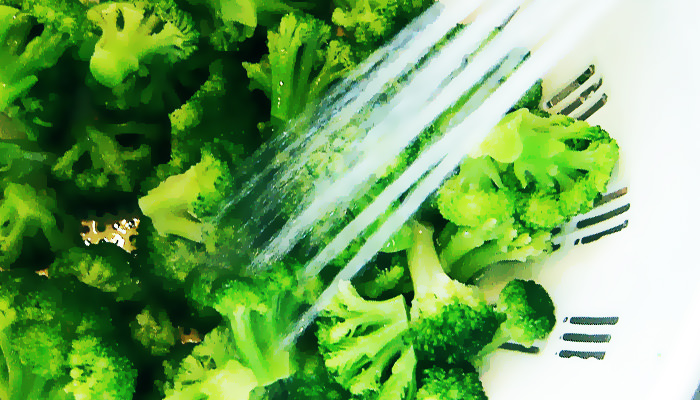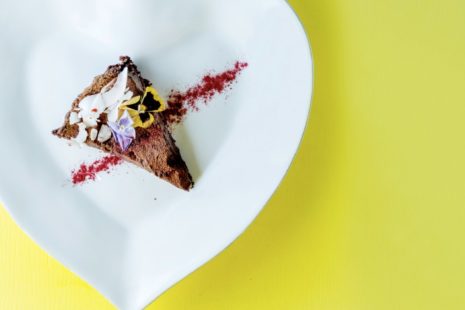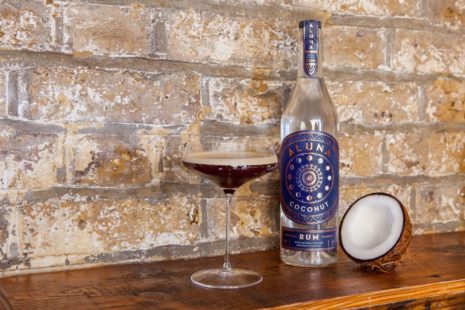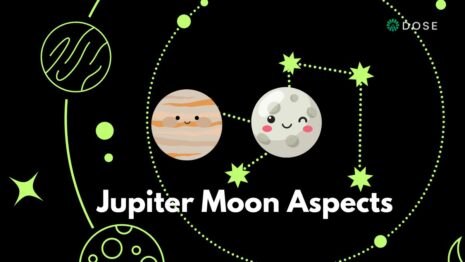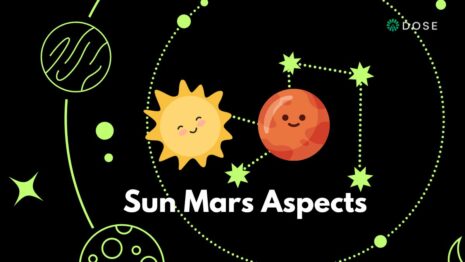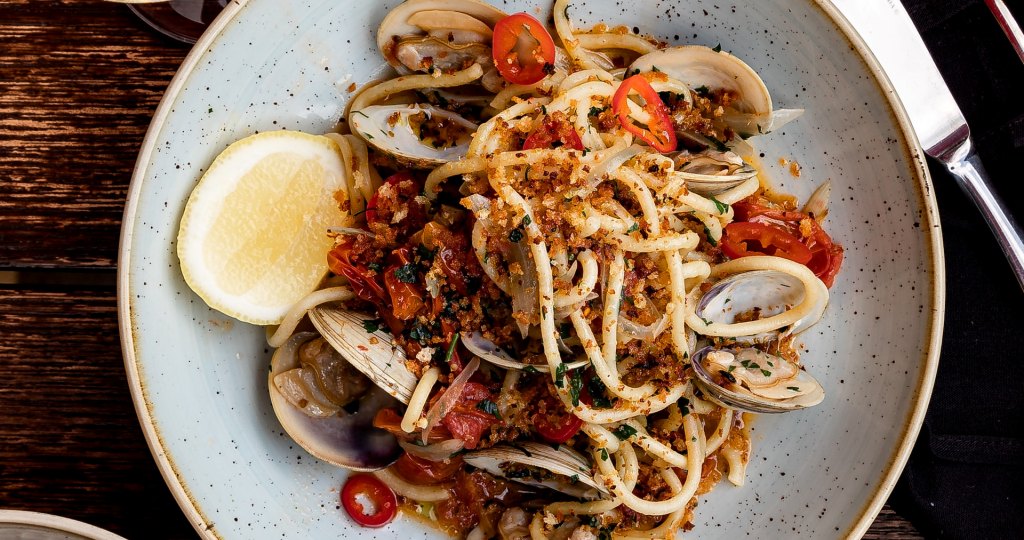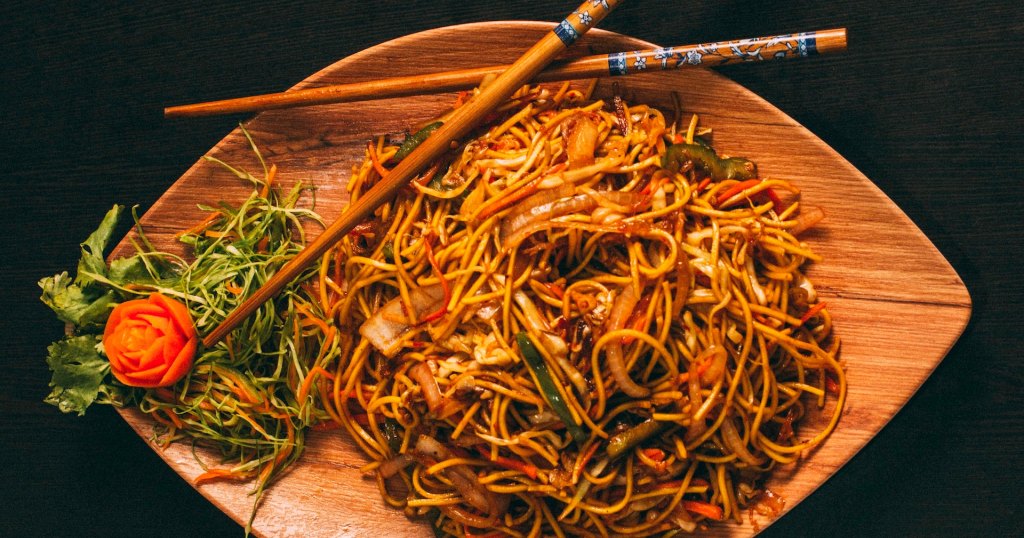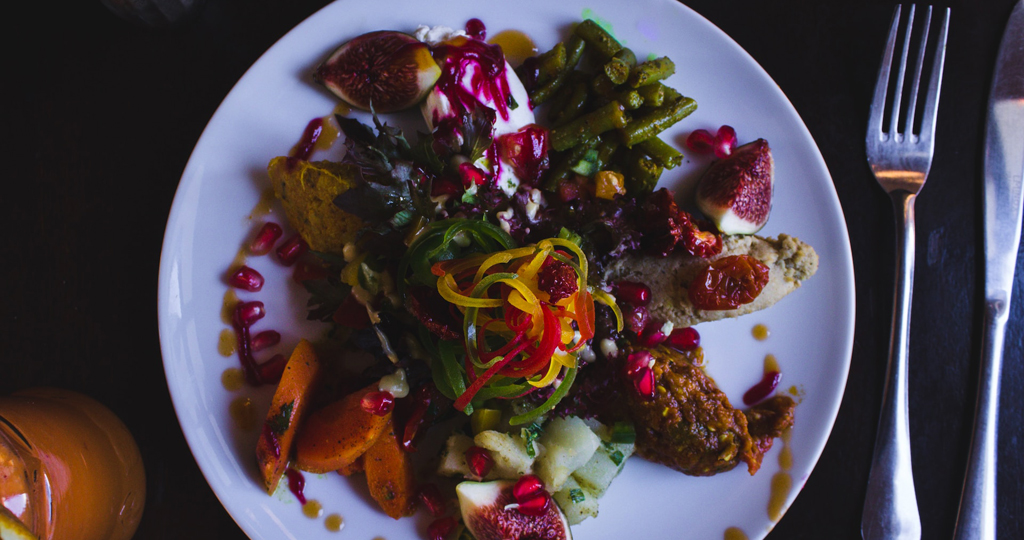You may know Charli Cohen for her eponymous British fashion line. Her stylish workout apparel has adorned the pages of Vogue, Elle and The New York Times not to mention the pert derrières of models such as Kate Upton, Alessandra Ambrosio and Hannah Bronfman…
She is also a personal trainer who knows a thing or two about health and nutrition… Want to know one of her pet peeves? You guessed it. Eating Clean. A subject that’s getting rather a lot of airtime of late thanks to Clean Eating – The Dirty Truth.
In this article, Charli provides a fluff-free overview of why she HATES the term…
Firstly, before the abuse starts streaming in, I appreciate there are those people who genuinely love to adhere to 100% natural, unprocessed, organic diet and have gladly adapted their lifestyle to accommodate it. If you’re one of this minority, good for you! There’s no denying this is a very healthy existence, IF you genuinely enjoy it and your primary motivations for eating that way are health- and longevity-based.
Secondly, healthy eating is of course something I promote and encourage wholeheartedly – I am not in any way suggesting that said natural, unprocessed, organic foods are bad. That would be silly. No, it’s the term ‘clean’ that I take issue with.
I can’t stand it when a specific, rigid way of eating is preached as the best and only way of eating; the unnecessary pressure this puts on those for whom this level of inflexibility is unrealistic; when it’s viewed as inadequate, undedicated, if one’s fridge contents aren’t entirely organic, grass-fed, raw, or whatever else the fanaticism of the moment requires. Privately educated and lovingly reared by unicorns. The list is ever-growing.
I digress…
Define ‘Clean’?
First of all, let’s address the term itself. ‘Clean’. What does this actually mean? It would seem the answer to that depends wholly on who you ask. Some will say a ‘clean’ diet is one that’s based around wholesome, natural foods. Others consider dairy a ‘dirty’ food, despite it fitting the aforementioned criteria, or include protein powder as a ‘clean’ food, despite it usually being full of chemicals. Some view wholegrains as ‘clean’, whilst others perceive them as an abomination against the diet of our caveman forefathers. Often, a ‘clean’ diet incorporates a weekly ‘cheat meal’, or as the common man may refer to it, a weekly junk food binge. ‘Clean’ is dubious, often contrived to mean whatever the dieter wants it to mean at the time and will never have a universally agreed definition.
Stress
One of my biggest gripes with restrictive diets is the level of stress they generate for (most) people. The hormonal and psychological response to consistent, high levels of stress is the antithesis of fitness and wellbeing. I’m not going to venture into the impact of prolonged cortisol elevation here, but I will address this in a later article. In short, it’s going to screw up both your health and physique goals to a far greater extent than affording yourself the occasional Hobnob.
Extreme Comparisons
At one end of the spectrum, you have those who will only eat unprocessed, organic foods, along with a selection of other ‘rules’ – the more challenging to adhere to the better. Anything that flouts the rules is described as ‘cheating’. The opposite extreme are those completely unaware of what they put into their mouths and, frankly, don’t really care – anything goes. Often, the obsessively ‘clean’ dieter will try to rationalise by comparing these extremes like they’re the only two options available. “Oh right, so I should forgo the broccoli and have a doughnut then?” There is a flagrant denial of any sort of healthy middle-ground.
Disordered Eating Behaviour
Let’s list some examples of the behaviour obsessive ‘clean’ eating can encourage:
+ Labelling foods as ‘good’ and ‘bad’ (or ‘clean’ and ‘cheating’)
+ Scheduled ‘cheat’ meals leading to binges
+ Compensating for the binges with excessive exercise
+ Having a guilt complex around food
+ Cutting out entire food groups
+ Having a rigid set of rules around food
+ Avoiding social situations that could interfere with these rules
+ Extreme anxiety when anything happens that could interfere with these rules
These don’t necessarily add up to an eating disorder but they can easily go that way. Take it from someone who lost most of her teenage years to anorexia – once you develop that mind-set, it’s incredibly difficult to re-establish a healthy relationship with food. I’ll leave it at that – this is something else that requires its own dedicated article.
In summary…
The ‘perfect diet’ is personal – it depends on a variety of physiological, hormonal, activity and lifestyle factors and it changes as these factors change for the individual. There are no fundamentally ‘good’ or ‘bad’ foods (except for maybe trans fats, but again, one for another post!), just a good diet plan or a bad diet plan. A diet of mostly nutrition-void junk food choices is a bad diet plan. A diet rigidly based around someone’s definition of ‘clean’ could also be a bad diet plan, IF that ‘clean’ diet is having a detrimental impact psychologically and hormonally.
A starting point for establishing a good diet plan is to find a comfortable place somewhere in the middle of these extremes and to think of your eating as being ‘on plan’ or ‘off plan’, rather than ‘clean’ or ‘cheating’.
Follow Charli on Instagram
